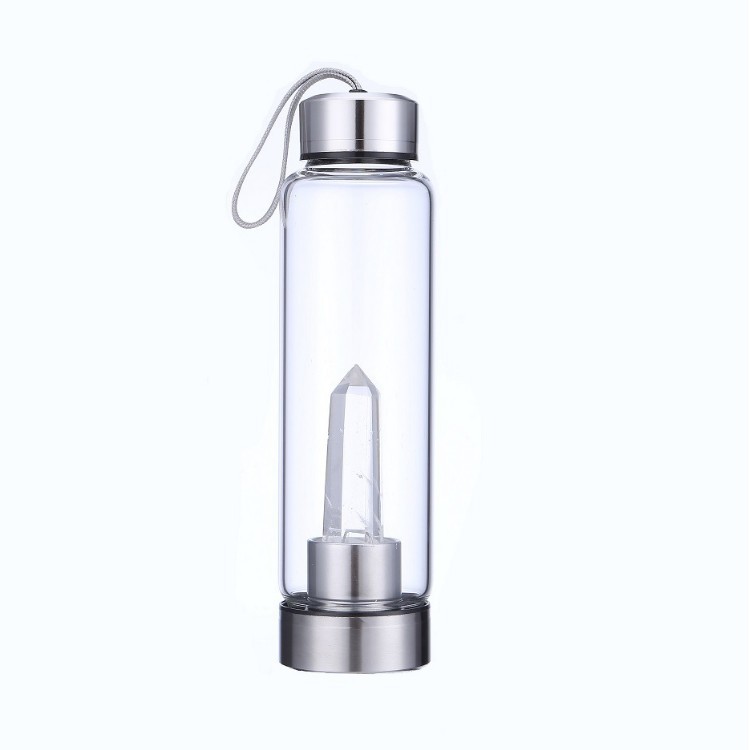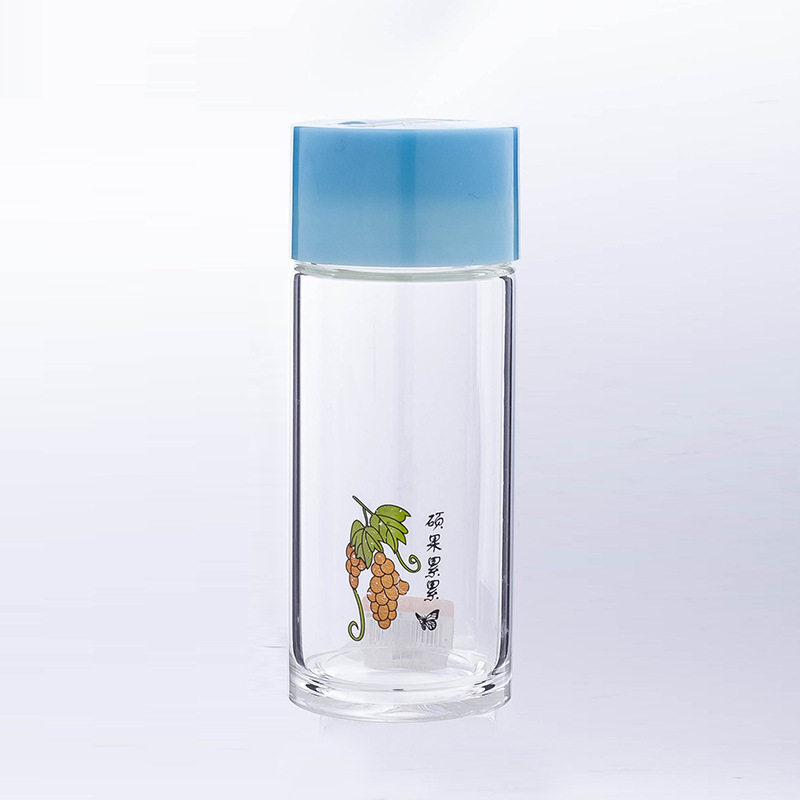Navigating sustainability with plastic water bottles involves making responsible choices that minimize environmental impact:
- Recycled Plastics: Opt for water bottles made from recycled materials, reducing the demand for new plastic and diverting waste from landfills.
- Reusable Designs: Choose durable, reusable plastic bottles to reduce single-use plastic consumption and promote extended use.
- Bioplastics: Consider bottles made from biodegradable or compostable materials derived from renewable sources like plants.
- Refillable Options: Utilize refill stations or opt for bottles designed for multiple uses, reducing the need for constantly purchasing new bottles.
- Lightweight and Efficient: Select bottles with innovative, lightweight designs that require less material, minimizing resource usage.
- Certifications and Labels: Look for BPA-free or eco-friendly labels to identify and support environmentally responsible plastic bottle options.
- Support Recycling Initiatives: Dispose of plastic bottles properly and participate in recycling programs to ensure they are recycled and repurposed.
- Consumer Awareness: Stay informed about responsible plastic disposal practices and recycling initiatives to make conscious and informed choices.
- Consider Alternative Materials: Explore options beyond traditional plastics, such as biodegradable alternatives or reusable bottles made from different materials.
- Support Sustainable Brands: Choose brands committed to sustainability, supporting their efforts to innovate and produce more eco-friendly plastic bottles.
By making these responsible choices and actively supporting sustainable practices, individuals can contribute to minimizing the environmental impact of plastic water bottles while staying hydrated responsibly.



